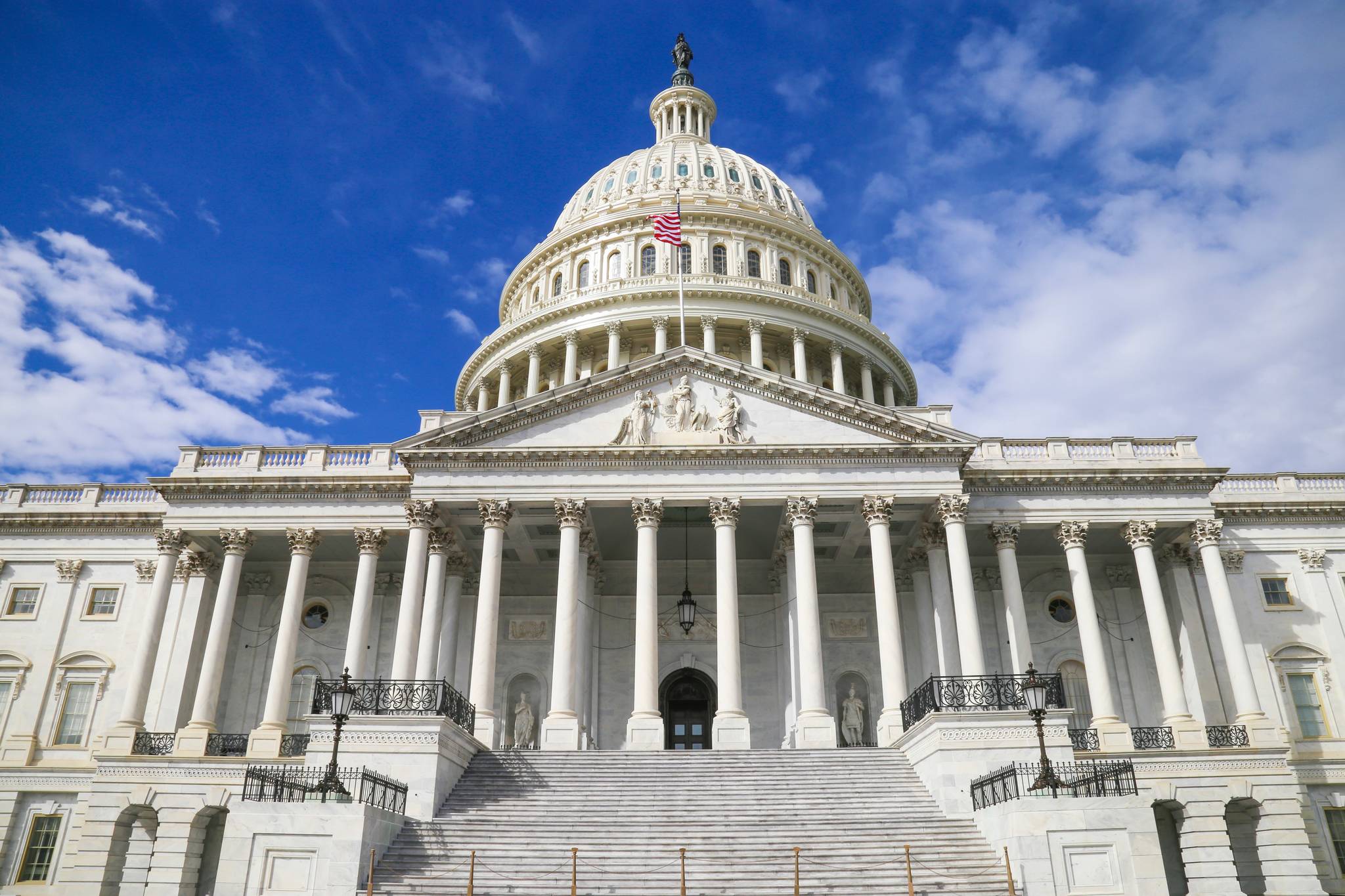The federal government is sending a lot of money to states in an effort to soften the economic hardships caused by the COVID-19 pandemic. But, at this point, it’s unclear how much money, or how it’s going to be managed once it gets here.
Congress recently passed the Coronavirus Aid, Relief, and Economic Security (CARES) Act, worth roughly $2 trillion dollars, the largest expenditure in U.S. history. A lot of that money will be designated for specific purposes such as health care or small business loans. But some of that money will also be given to states to use to pay for things broadly related to the pandemic.
“It is to be spent on coronavirus-related matters,” Sen. Lisa Murkowski said during a video teleconfernce with other members of Alaska’s congressional delegation Monday.
“If there’s a loss in bed tax to a community because you don’t have any cruise ships coming to Juneau for instance,” Murkowski said. “So if the City and Borough of Juneau were to request that level of assistance from the state as long as it is tied to the virus.”
Murkowski also used the example of a school district wanting to pay for laptops to provide online learning for students during quarantine as an item that could be reimbursed with that money.
But how local municipalities will get that money, is unclear.
“Each state has a minimum of 1.2 billion, within the CARES act there’s a provision that 45% of that be shared with local governments,” said Nils Andreassen, executive director of the Alaska Municipal League.
Andreassen is working with municipalities to try to understand the details of the CARES Act, and then will approach the governor with a proposal of how that money is to be shared.
“What we’re doing right now is determining what would be allowable expenses under the CARES Act, things that aren’t duplicative of FEMA (Federal Emergency Management Agency) funding,” Andreassen said. “It’s not a free for all. We’re working with local governments to come to some agreement about how that should look.”
The budget bill recently passed by the Legislature gave Gov. Mike Dunleavy receipt authority for federal funds during the crisis. However, what rules those funds may come with haven’t yet been determined.
“How they use it will be a stipulation of the federal rules,” said Pat Pitney, legislative analyst with the Division of Legislative Finance. The allocation of funds “would be through the governor’s office because the legislature in their budget provided him receipt authority for that money,” Pitney said.
“I don’t know how much latitude the federal rules will have,” Pitney added.
The lack of clarity is making it difficult for local municipalities to plan what their budgets are going to look like. Tuesday night, the City and Borough of Juneau Assembly narrowly voted down a resolution that would have allocated $3 million for small business loans.
The Assembly voted 6-3 in favor of the loan, but because the resolution was an emergency appropriation, it needed seven votes to pass.
Assembly member Greg Smith, one of the nay votes, said though he understands the need for cash immediately, the lack of clarity makes it difficult to plan.
“All of this is happening so fast, just today I heard (the Alaska Industrial Development Export Authority) might be doing small business loans,” Smith said. “We heard these loans by the city can be repaid by the federal loans, but we learned last night that’s not the case.”
The Assembly has the opportunity to reconsider the issue at a Finance Committee meeting Wednesday evening.
“There’s a lot of unknowns right now,” Andreassen said. ” The governor’s office is going to have a leadership role, the Legislature will need to be actively working with the governor and local municipalities, we’re really hoping they can be at the table too.”
The governor’s office could not immediately be reached for comment.
• Contact reporter Peter Segall at psegall@juneauempire.com. Follow him on Twitter at @SegallJnoEmpire.

